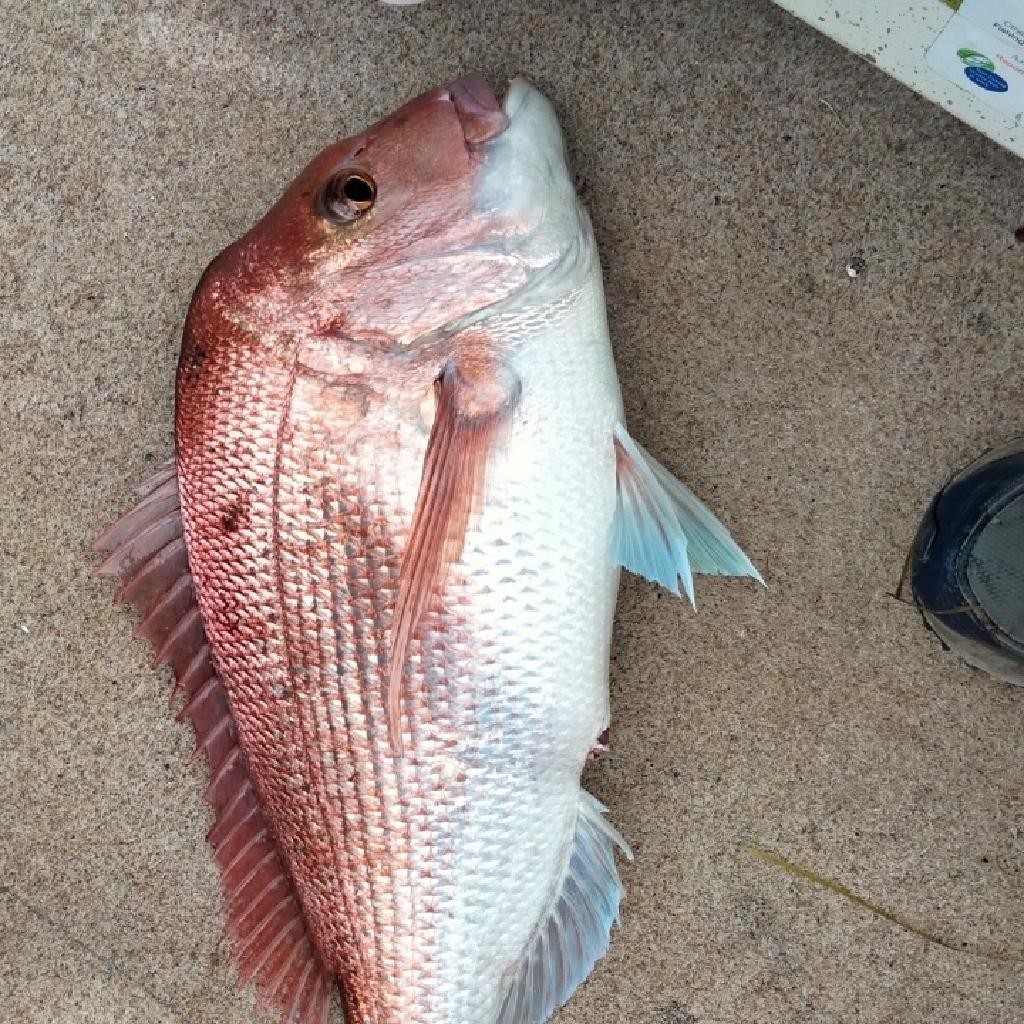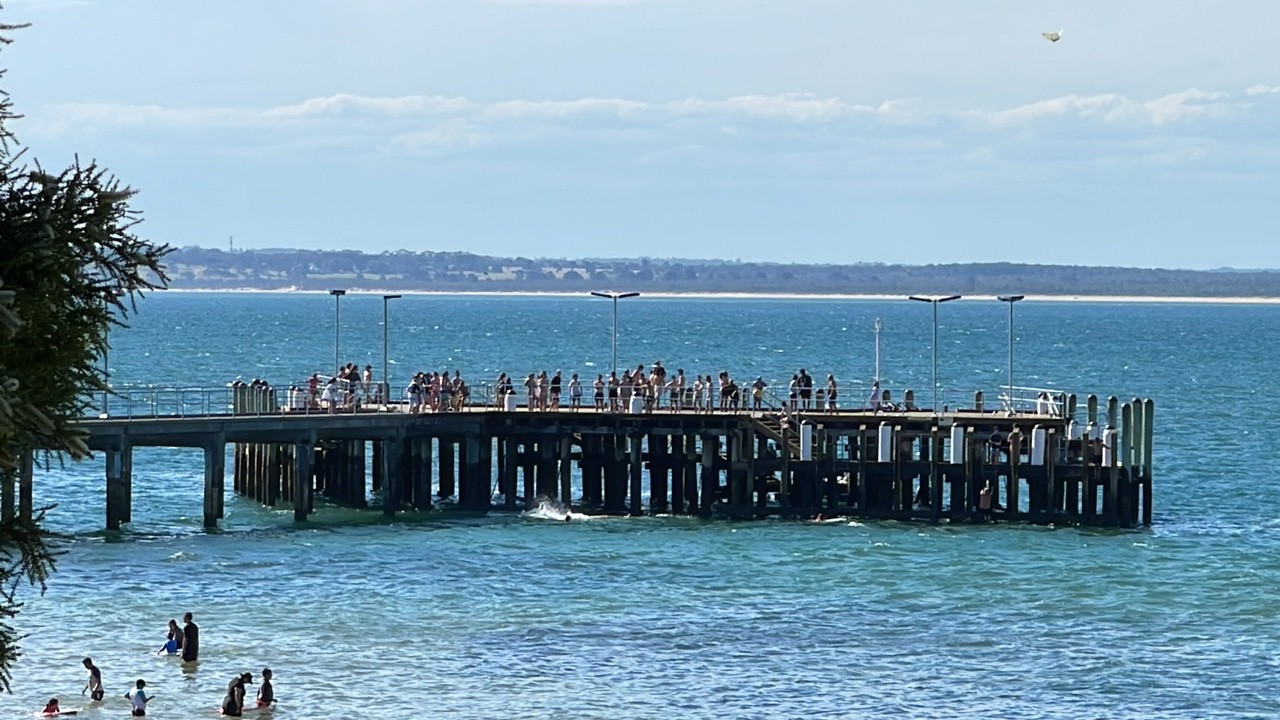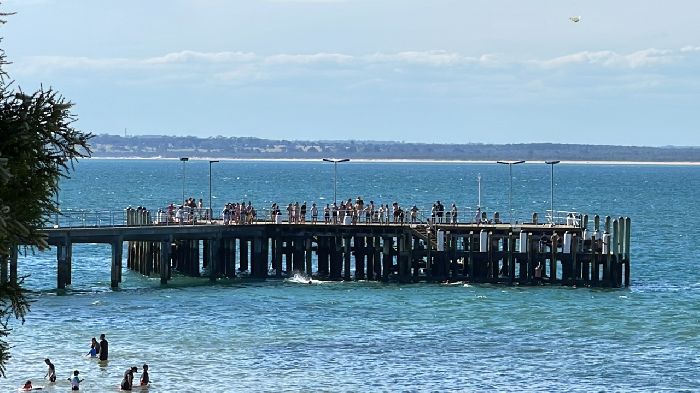Phillip Island, Cowes Wind forecast
Live wind map
Phillip Island Cowes Wind forecast
- Wind direction is East, wind speed varies between 6.7 and 17.8 mph with gusts up to 20.1 mph. The sky is clear with a chance of rain 0%.
- Wind and wave weather forecast for Phillip Island , Australia contains detailed information about local wind speed, direction, and gusts. Wave forecast includes wave height and period.
- These forecasts for Phillip Island are based on the GFS model and were created for windsurfing, kitesurfing, sailing and other extreme sports activities. All data updates 4 times a day. Predictions are available in steps from 1 to 3 hours for up to 10 days.
- Use professional weather parameters: wind barbs, weather fronts, isobars, and others. Study weather history for the past 14 years (2012-2026). Create sailing, hiking and biking routes with weather in each point.
- Download Windy.app in the App Store and Google Play Store.


Phillip Island, located off the southern coast of Victoria, is a popular destination with a range of breaks that cater to all levels. If you’re an intermediate surfer looking to hit the waves, here’s what you can expect from:
- Surf Breaks: The most popular spot is probably Woolamai Beach, which has consistent waves and can handle larger swells. The beach is also patrolled by lifeguards, making it a safer option for those who are still building their skills. Other breaks include Smiths Beach and Summerlands Beach, which offer smaller waves and are good for practicing maneuvers.
- Water Temperature: averages around 12-14°C (54-57°F). It’s important to wear a 4/3mm wetsuit with boots, gloves, and a hood to keep warm in the cold water.
- Wind Conditions: the wind can be quite strong and gusty, which can make it difficult to paddle out and catch waves. It’s best to ride early in the morning before the wind picks up, as this is when the conditions are usually at their best.
- Swell Direction: it is typically from the south and southwest. This means that breaks on the southern side of the island, such as Woolamai Beach, will generally have larger waves.
- Tides: tides can have a significant impact on surf conditions. Low tide can produce fast and hollow waves, while high tide can produce slower waves that are easier to catch.
- Rip Currents: Phillip Island is known for its strong rip currents, particularly at Woolamai Beach. It’s important to surf between the flags that the lifeguards set up, and to be aware of the location of rip currents.
- Etiquette: like any spot, it’s important to follow proper surfing etiquette. This includes respecting the locals, taking turns, and not dropping in on other sportsmen.
Nearby spots
Australia top spots
-
Lancelin
-
Snapper Rocks – Superbank
-
Bells Beach
-
Sydney Harbour (AU)
-
Cairns Marlin Marina (Ribbon Reefs gateway)
-
Cruising Yacht Club of CYCA, Rushcutters Bay
-
Fremantle Sailing Club Marina
-
Hillarys Boat Harbour (sailing)
-
Hamilton Island Marina
-
Mandurah Ocean Marina
-
Royal Queensland Yacht Squadron (RQYS)
-
Royal Perth Yacht Club (Crawley) Marina
We are sorry, but this model is available only in the App


Or if this model is important for you in the web - please let us know at [email protected]




